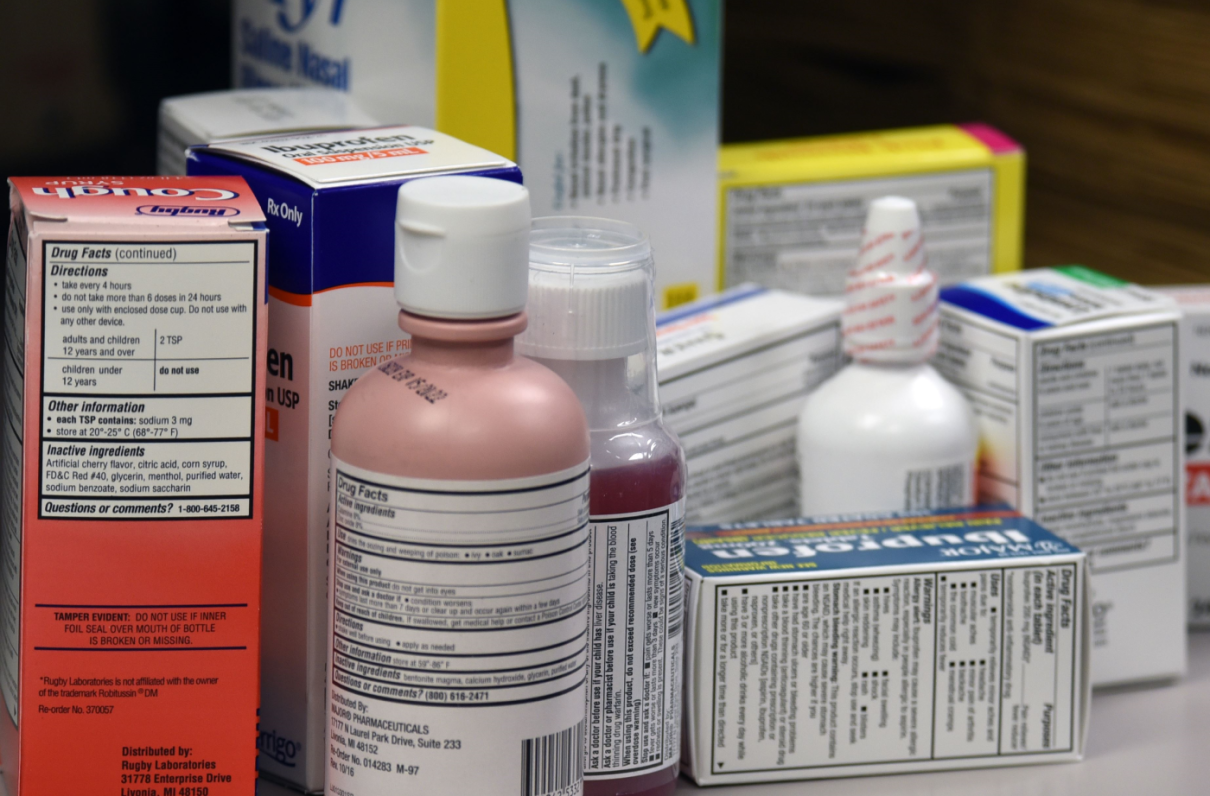This article by Amy Bushatz originally appeared on Military.com, the premier resource for the military and veteran community.
On-base military pharmacies worldwide may soon change or reduce their offerings of free over-the-counter (OTC) medications as Tricare administrators standardize the list of what's available.
Currently, military retirees and other beneficiaries can receive certain medications for free and without a prescription through a long-standing OTC medication program. How the program is administered and how many medications each user can get per month varies by location. Typically, users must fill out a request form, and medications are often capped at four or five per beneficiary.
Which medications are offered can also differ widely by pharmacy or service branch. For example, a list of medications available at Fort Gordon, Georgia includes anti-diarrheal drug loperamide and condoms, while a list from the Navy's health clinic in Annapolis, Maryland does not include either option, but does offer Chloraseptic throat drops.
Now, as the military medical system undergoes a shift in administration of the military hospitals from the services to the Defense Health Agency (DHA), many of the systems' processes and offerings are being standardized, including the OTC program.
Military.com Related Content:
- Questions Remain as DoD Gets Ready to Cut 18,000 Medical Personnel
- Services Turn Focus to Warfighters as DHA Takes Over Military Hospitals
- More Than 17,000 Uniformed Medical Jobs Eyed for Elimination
The Pentagon does not plan to order facilities to discontinue the program outright, said Kevin Dwyer, a DHA spokesman. Instead, officials on the agency's Pharmacy and Therapeutics Committee are working to create a standardized list of what's offered and will leave the decision of which medications, if any, to stock from that refitted catalog to pharmacy administrators.
"The Defense Health Agency has not issued any directives to halt such programs, and it is up to the individual facility to establish or continue an OTC medication program," he said.
Dwyer said the committee is not aiming to reduce the number of drugs available, but would not say for sure that the final list won’t be shorter.
The re-evaluation began this year, he said. Information on when the evaluation will be completed was not immediately available.
Other articles by Military.com:
Army Announces Winter Deployments to Europe, Afghanistan
Indiana National Guard IDs Soldier Killed in Training Incident
Purple Heart Recipients Can Save Thousands on VA Loan Fees



